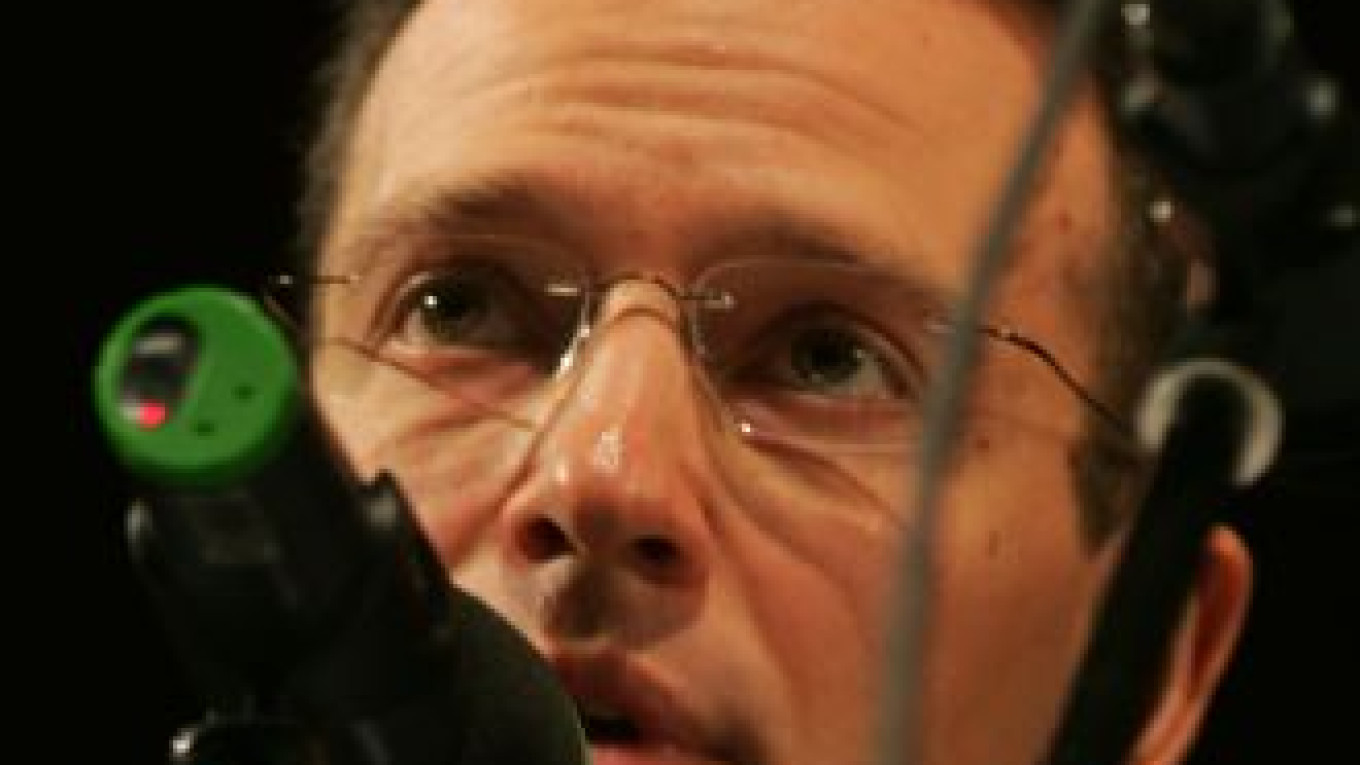Vasily Yakemenko, the notorious founding father of the pro-Kremlin Nashi youth movement, has officially stepped down from his post as the head of the Federal Agency for Youth Affairs.
Prime Minister Dmitry Medvedev removed Yakemenko from the job at Yakemenko's request, according to an order posted Wednesday on the government's website.
The decision was expected, since Yakemenko, 41, had announced that he would step down from his post to concentrate on leading a political party he has created with the Kremlin's blessing.
In an interview with The Moscow Times, Yakemenko indicated that his departure marks the end of an era for Nashi, which he founded in 2001 and is known for its hounding of opposition leaders.
"The Nashi project is finished, and I can say that with pleasure," Yakemenko said, admitting that the project "started to make serious mistakes" soon after he formally stepped down as head of the organization in 2007.
Yakemenko created Nashi in 2005 as a Kremlin response to youth organizations in Serbia and Georgia that took an active role in Western-backed anti-authoritarian revolutions.
A Message from The Moscow Times:
Dear readers,
We are facing unprecedented challenges. Russia's Prosecutor General's Office has designated The Moscow Times as an "undesirable" organization, criminalizing our work and putting our staff at risk of prosecution. This follows our earlier unjust labeling as a "foreign agent."
These actions are direct attempts to silence independent journalism in Russia. The authorities claim our work "discredits the decisions of the Russian leadership." We see things differently: we strive to provide accurate, unbiased reporting on Russia.
We, the journalists of The Moscow Times, refuse to be silenced. But to continue our work, we need your help.
Your support, no matter how small, makes a world of difference. If you can, please support us monthly starting from just $2. It's quick to set up, and every contribution makes a significant impact.
By supporting The Moscow Times, you're defending open, independent journalism in the face of repression. Thank you for standing with us.
Remind me later.


